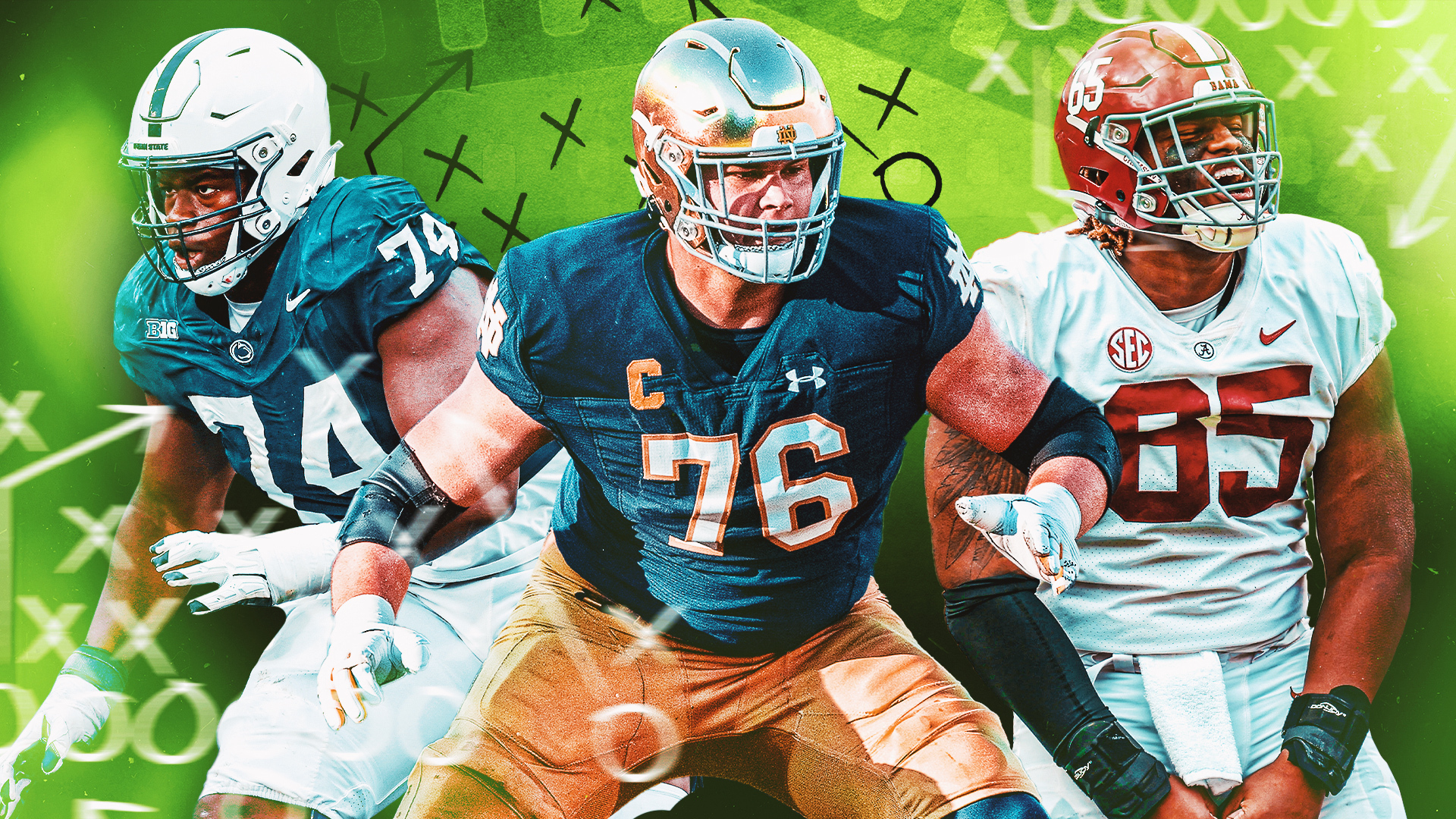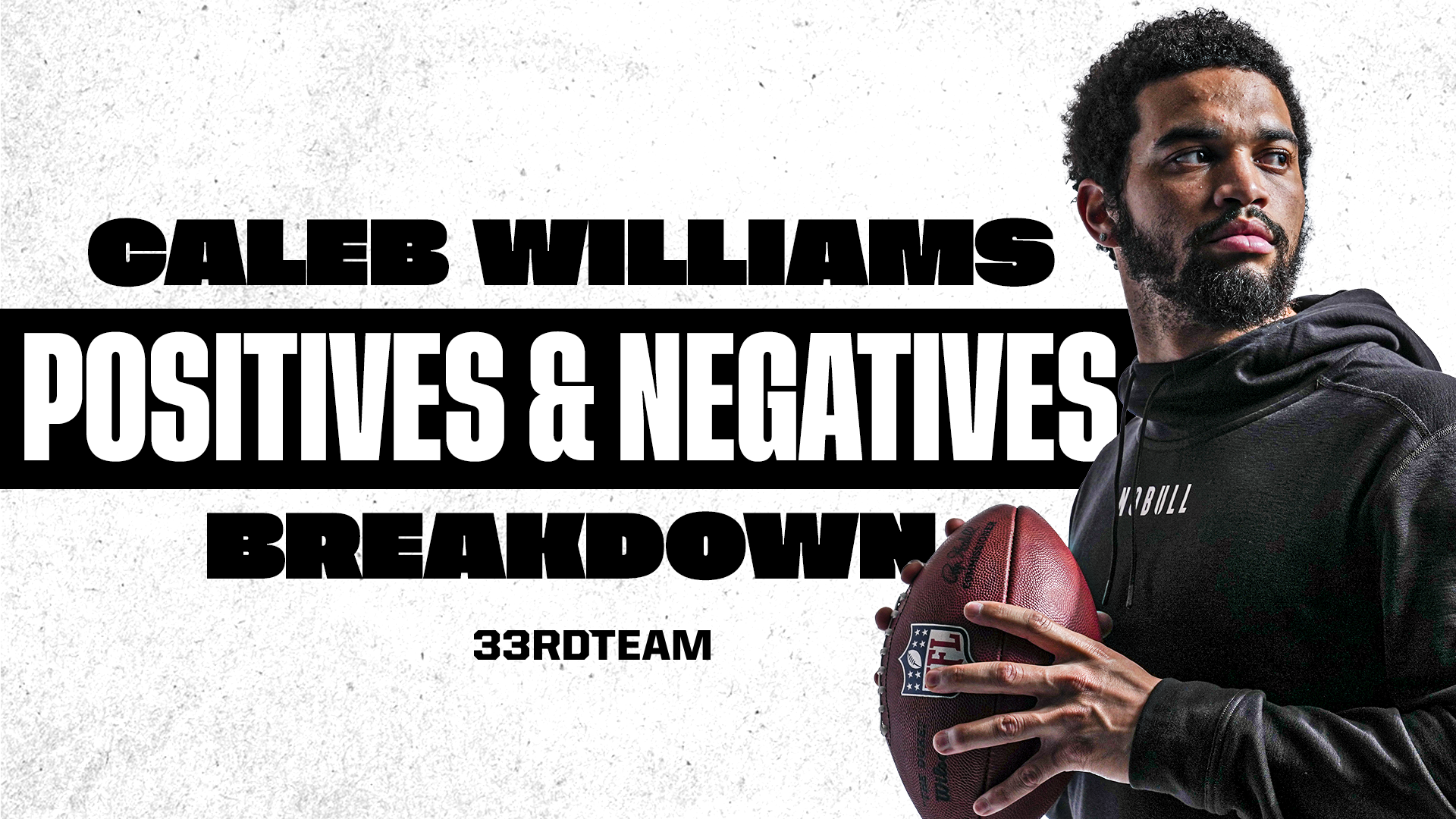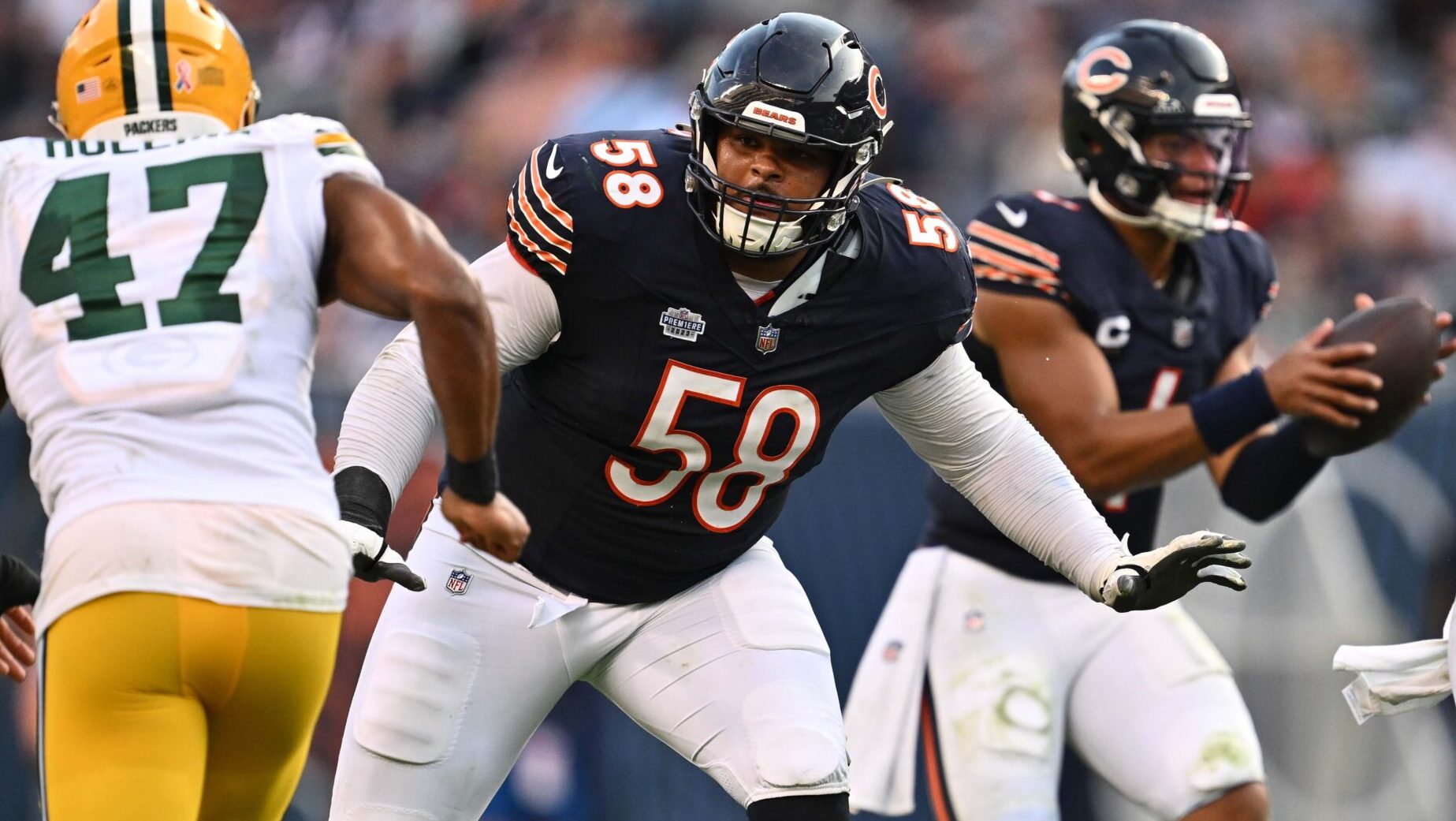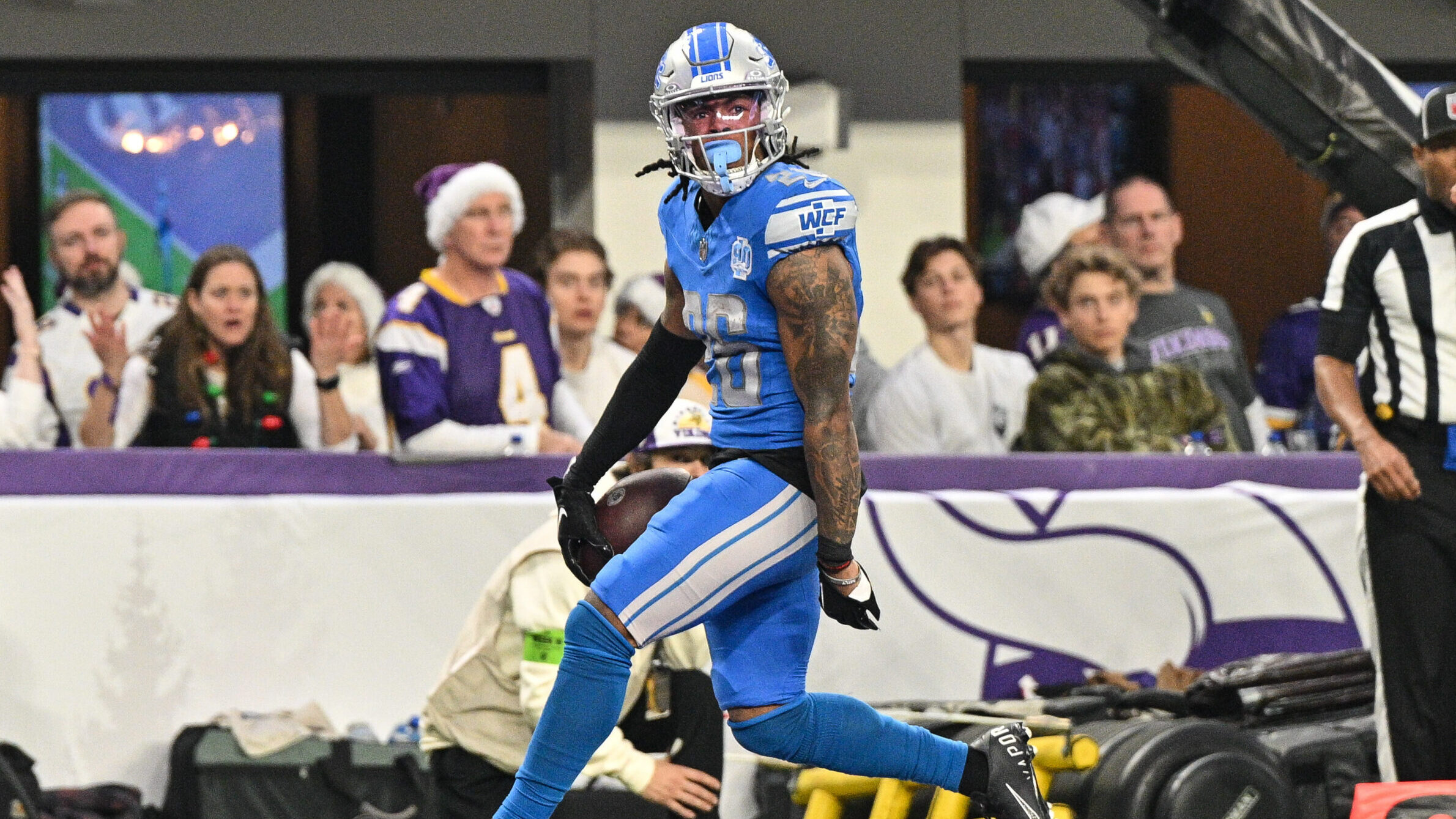Breakdowns
4/22/21
6 min read
The False Narrative About Running Backs
Despite the perception that the value of running backs has diminished in recent years, I cannot imagine finding an offensive coach who does not believe that a starting running back is one of the most important players he has. But when you can get them anywhere from the second round or lower – even undrafted free agents -- and they are generally as good as the guy you may be picking in the first round, it makes the pick a big risk. Plus, the rate of injury is so high, so if you used a first-round pick on one, you could end up with a Saquon Barkley situation. He has a major injury early, and who knows what is coming next. This is not the same thing as saying the position has been devalued. I am not sure I know a coach that does not think running backs are very important, and I know a lot that think they are more important than receivers.
The real issue with the running back position boils down to two main issues: One, running backs do not have long careers. They wear out more quickly, so by the time you are getting to a second contract, the player may not be producing at the level he was at when he first came in. This has been historically true for some of the best running backs, and recent studies reflect the same sentiment. In looking at just the highest-paid backs over the past 10 years (running backs with the highest annual value at their position since 2012), those players had a 67% chance to finish as a top 10 rusher in their second season. By year three, that jumps to over 69% -- right before a lot of these players signed their extensions. In years 5-8, those same players have finished as a top 10 rusher less then 40% of time, with injuries becoming more prevalent for many of them. Beyond year eight, only Adrian Peterson has finished as a top 10 rusher twice since 2012.
The second thing is: It is the only position in the NFL in which there is more supply than demand. Other positions can be harder to fill, but I think every team in the NFL has at least one quality back. There is just a huge abundance of running backs that no other position has. That has nothing to do with teams actually devaluing the position or not understanding their influence. Running backs are still just as important as they have been. Just look at Andy Reid. He throws the ball more than anyone in football, and he still believes running backs are a vital part to an offense. He just drafted Clyde Edwards-Helaire in the first round and in Philadelphia, when we were there, we went from Ricky Watters to Duce Staley to Brian Westrbrook and then to LeSean McCoy. Over those dozen years, we probably had backs as good as anyone in the league, but we never really used any money on the position, and – outside of McCoy -- we usually used a third-round pick or later on them. In Philadelphia, we went to five conference championship games in eight years, and one of the reasons we felt we did not make it further was because of injuries at running back. We never spent any high draft picks or meaningful money on one, but when we look back, that is one of our answers as to why we did not go all the way. We always thought the position was important and even considered their impact in the passing game to be more important than their impact in the running game.
Meanwhile, the uptick in passing has not led to an overall increase in the wide receiver market compared to running backs. After Julio Jones received a $22 million extension, the position has had a hard time breaking the $20 million threshold (outside of DeAndre Hopkins, who was extended with three years remaining, which drives up his annual value). Meanwhile, recent extensions to Ezekiel Elliott and Christian McCaffrey have pushed the running back market to $15 million and over $16 million, respectively. Overall, looking back at the past 10 seasons, the highest-paid receiver is making about 35% more than the highest-paid running back, with that number staying relatively stagnant since 2012.
The Draft
I think running back is one of the only positions where you can draft guys late and still end up with a good enough player to beat winning teams. In Philadelphia, we realized we could find difference-makers in the second and third rounds, so using a high first-round pick on a running back was not necessary. That makes me slightly surprised that Reid drafted Edwards-Helaire in the first round, but it was the last pick in the round and that was a player that was high on a lot of people’s draft boards. Looking back at last season, you could make the case that it was not the right pick, and another lineman would have been more beneficial in trying to repeat. This is easy second-guessing, but knowing Andy’s philosophy, I was a little surprised to see the pick.
When I was drafting guys at the position I was looking for a few main things. The first one is vision. When I went to Cleveland, they had just traded up to select Trent Richardson, who was the third pick in the draft. I ended up trading him. Besides durability, if a running back cannot properly diagnose where to go at a fast pace, he is not going to be successful in the NFL. From Richardson’s college tape and tape from his rookie year, I really questioned if he was consistently seeing the hole. You need guys that are able to do that, and even diagnose the hole before it opens.
The second big trait is ability in the passing game. In addition to contributing as a receiver, they need to be consistent pass blockers. If a guy cannot block, most of the time he is off the board for me. You cannot put in a guy that cannot block a linebacker, because the other team knows you are running the ball, or your quarterback is less effective because he is worried about the pressure. He does not need to be a great run blocker, but he needs to be able to pass protect. We drafted Ryan Moats in the third round and he was one of the most dynamic backs I have seen in practice. Of all the guys I saw up close -- Staley, Westbrook, McCoy -- he might have been the most talented one, but he could not pick up the blitz, and he never really could get a chance. He was an unbelievably talented runner.
I think that is really my point. Running backs are important, and sometimes vital, and I want to have a good one. I also have confidence that this can be accomplished without using a first-round pick or spending top of the market money.








